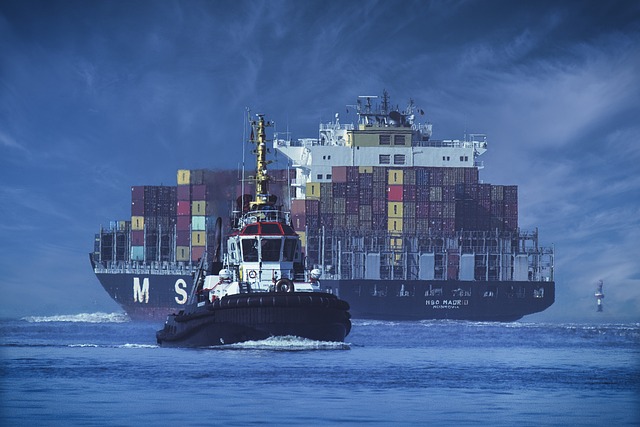Title: Admiralty Law's Role in Modern Maritime Commerce
Introduction: In an era of global trade and interconnected economies, the ancient legal doctrine of admiralty law continues to play a crucial role in regulating maritime commerce. This specialized area of law, steeped in centuries of tradition, governs everything from shipping contracts to maritime accidents, shaping the dynamics of international trade and ocean-based industries.

Jurisdiction and Scope of Admiralty Law
One of the most distinctive features of admiralty law is its broad jurisdiction. Unlike many other areas of law that are bound by national borders, admiralty law extends its reach across international waters. This expansive jurisdiction allows for consistent resolution of disputes that may involve multiple countries, vessels flying different flags, and crew members of various nationalities. In the United States, federal courts have exclusive jurisdiction over admiralty cases, reflecting the national and international importance of maritime matters. This jurisdiction covers not only traditional maritime activities but also extends to certain land-based activities that have a maritime connection, such as injuries occurring in port facilities.
Key Principles of Modern Admiralty Law
At the heart of admiralty law are several fundamental principles that govern maritime commerce and operations. The concept of general average, for instance, requires all parties involved in a maritime venture to share proportionally in losses incurred for the common good. This principle, dating back to ancient Rhodes, continues to be a crucial aspect of maritime insurance and risk management. Another key principle is the doctrine of maintenance and cure, which obligates shipowners to provide for the care and treatment of injured or ill crew members, regardless of fault. These principles, among others, reflect the unique nature of maritime operations and the need for specialized legal frameworks to address the challenges of seafaring.
Admiralty Law in the Age of Global Commerce
In today’s interconnected world, admiralty law plays a vital role in facilitating international trade. It provides a standardized legal framework for shipping contracts, cargo claims, and vessel finance, enabling smooth transactions across borders. The United Nations Convention on the Law of the Sea (UNCLOS) serves as a cornerstone of modern maritime law, codifying rules on territorial waters, exclusive economic zones, and freedom of navigation. As global trade continues to grow, admiralty law adapts to address new challenges, such as environmental protection in shipping and the regulation of emerging technologies in maritime operations.
Challenges and Future Directions in Admiralty Law
Despite its long history, admiralty law faces numerous challenges in the modern era. The rise of autonomous vessels, for instance, raises complex questions about liability and regulatory compliance. Climate change and its impact on shipping routes, particularly in the Arctic, present new legal and environmental considerations. Piracy, while an ancient problem, continues to evolve, requiring innovative legal responses. Additionally, the increasing focus on sustainable practices in shipping necessitates the development of new legal frameworks to govern emissions, ballast water management, and other environmental concerns. As admiralty law navigates these challenges, it must balance its rich traditions with the need for innovation and adaptation to ensure the continued smooth operation of global maritime commerce.
In conclusion, admiralty law remains a vital and dynamic area of legal practice, deeply intertwined with the global economy. Its unique blend of ancient principles and modern adaptations continues to provide a robust framework for resolving maritime disputes and regulating international trade. As the maritime industry evolves in response to technological advancements and environmental concerns, admiralty law will undoubtedly continue to play a crucial role in shaping the future of global commerce on the high seas.





